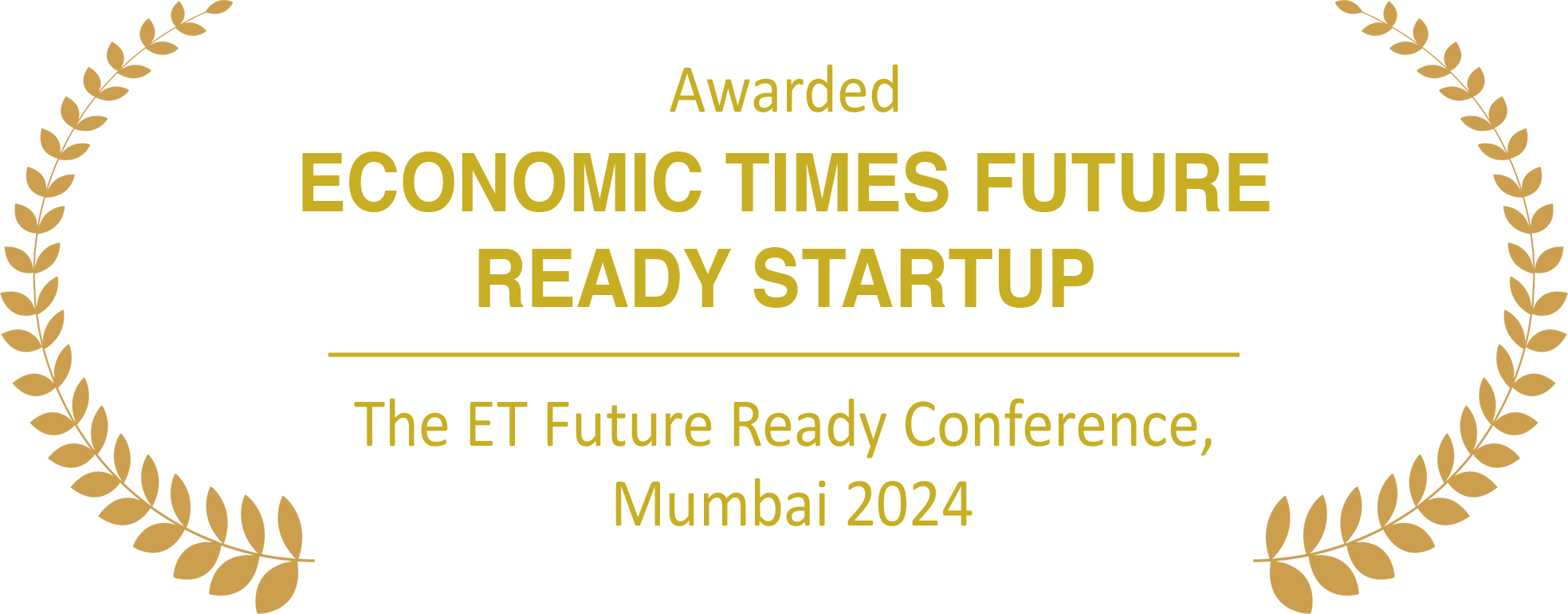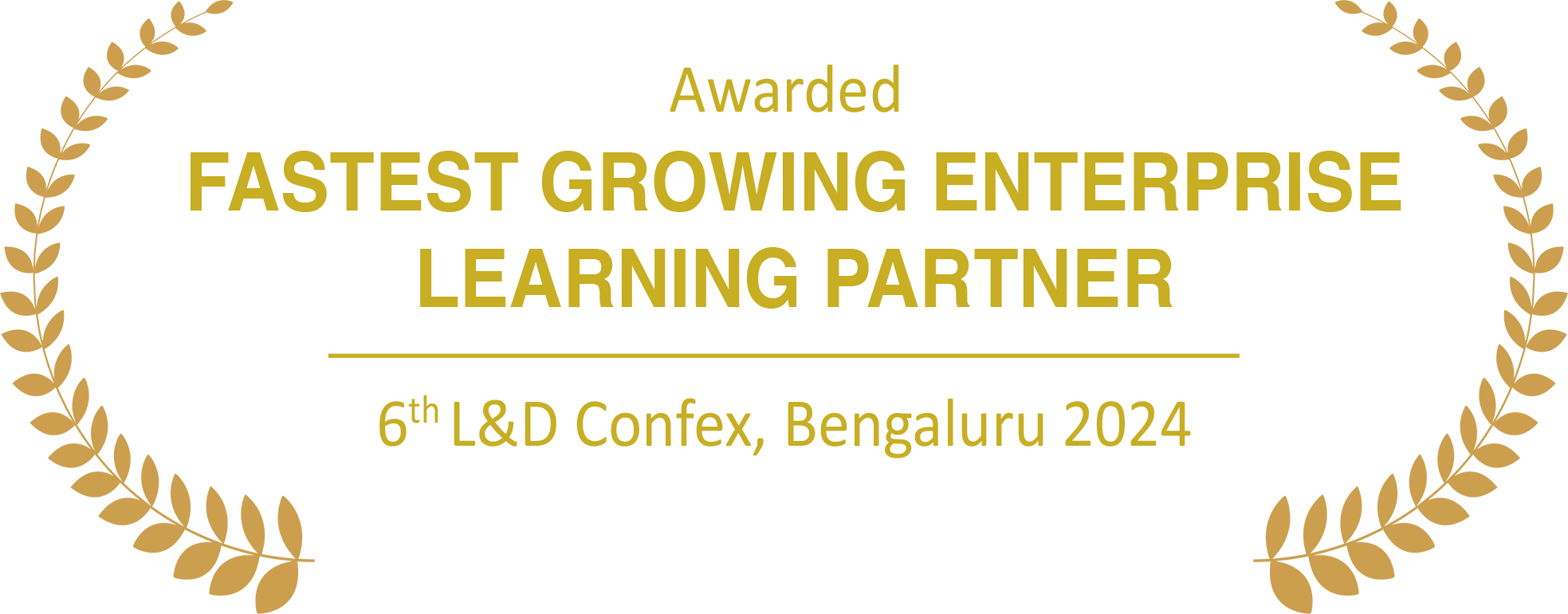
Understanding Team Upskilling:
Team upskilling involves investing in the development of skills and knowledge across an entire team, rather than focusing solely on individual growth. It’s a proactive approach to ensure that the collective skill set aligns with the evolving demands of the industry.
The Significance of Team Upskilling:
-
Adaptability:
Industries are constantly evolving, with new technologies and methodologies emerging. Team upskilling ensures that everyone is equipped to adapt to these changes, fostering a culture of continuous learning.
-
Collaboration:
When a team undergoes upskilling together, it promotes a collaborative spirit. Shared learning experiences create a more cohesive and efficient working environment.
-
Competitive Edge:
A team with up-to-date skills is a competitive advantage. It positions the organisation as forward-thinking and capable of tackling challenges with innovative solutions.
Benefits of Team Upskilling:
-
Increased Productivity:
A skilled team is a productive team. When every member is proficient in their role, tasks are completed more efficiently, contributing to overall productivity.
-
Employee Satisfaction:
Upskilling demonstrates an organisation’s commitment to employee growth. This can lead to increased job satisfaction, motivation, and employee retention.
-
Innovation:
Teams with diverse and advanced skill sets are better positioned to innovate. Cross-functional knowledge encourages creative problem-solving and the development of groundbreaking ideas.

The Roadmap to Excellence:
-
Skills Assessment:
– Begin by assessing the current skill set of your team. Identify both individual and collective strengths and weaknesses.
-
Identify Core Competencies:
– Determine the core competencies required for your team’s success. Consider industry trends, technological advancements, and organisational goals.
-
Set Clear Objectives:
– Establish clear and measurable objectives for the upskilling initiative. Define what success looks like and how it aligns with the team’s role within the organisation.
-
Customised Training Programs:
– Tailor training programs to address the identified skill gaps. This could include workshops, online courses, seminars, or mentorship programs.
-
Encourage Cross-Training:
– Promote cross-training within the team. Encourage members to share their expertise, fostering a collaborative learning environment.
-
Feedback and Adaptation:
– Regularly gather feedback from team members about the effectiveness of the upskilling initiatives. Use this feedback to adapt and refine the training programs.
-
Recognition and Rewards:
– Acknowledge and reward team members who actively participate and excel in the upskilling process. This creates a positive reinforcement loop.
-
Continuous Learning Culture:
– Foster a culture of continuous learning within the team. Emphasise the importance of staying updated on industry trends and acquiring new skills throughout their careers.
Conclusion:
In the ever-evolving landscape of work, team upskilling is not just a strategy; it’s a necessity. Investing in the growth and development of your team pays off in increased productivity, innovation, and employee satisfaction. By following a structured roadmap by edForce, organisations can ensure that their teams are not just keeping up with the changes but are leading the way to excellence. Remember, a skilled team is a resilient team, ready to face the challenges of the future.









